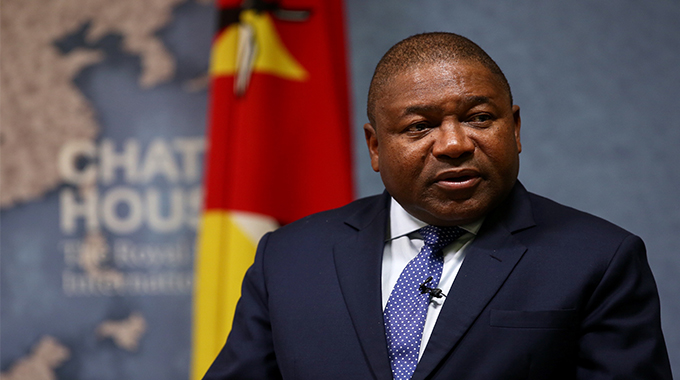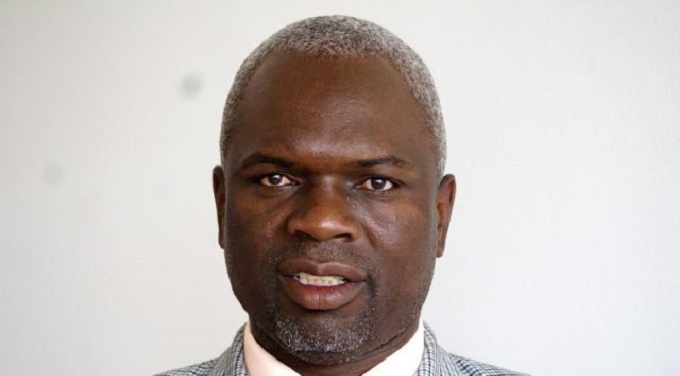Mozambique declares 3 days of national mourning after deadly cyclone

Mozambique has declared three days of national mourning after powerful cyclone winds and flooding killed more than 200 people and left a massive trail of destruction across swaths of southeast Africa.
Cyclone Idai, which hit Mozambique’s port city of Beira on Thursday before moving inland, brought winds of up to 170 kilometres per hour, which flattened buildings and put the lives of millions of people at risk.
Mozambique’s President Filipe Nyusi said in a televised statement on Tuesday that the cyclone had killed more than 200 people but that more bodies were still being discovered.
More than 2.6 million people across southeast Africa have been affected in one of the worst weather-related disasters recorded in the southern hemisphere.
“This is the worst humanitarian crisis in Mozambique’s recent history,” said Jamie LeSueur, who is leading rescue efforts in the hard-hit city of Beira for the International Federation of Red Cross and Red Crescent Societies.
Rescue crews are still struggling to reach victims, while aid groups say many survivors are trapped in remote areas, surrounded by wrecked roads and submerged villages.
“Challenges remain in terms of the search and rescue of thousands of people, including children,” UNICEF said. It estimated that 260 000 children were at risk in Mozambique.
The Red Cross has said at least 400 000 people have been made homeless in central Mozambique alone.
Beira, a low-lying coastal city of 500 000 people, is home to Mozambique’s second-largest port and serves as a gateway to landlocked countries in the region.
The UN said Cyclone Idai could be one of the worst weather disasters to hit the southern hemisphere.
“We are at a point where we are taking people that have water up to their heads and taking them by helicopter or by boat to places where water are up to their ankles. We are in the life-saving phase. We are not at the point where we can do medical assessments because health is our second-most important thing,” Pedro Matos, emergency coordinator for the World Food Programme, said.
Local media reported that there were food and fuel shortages in central Mozambique because Beira was cut off by road.
– Al Jazeera












Comments